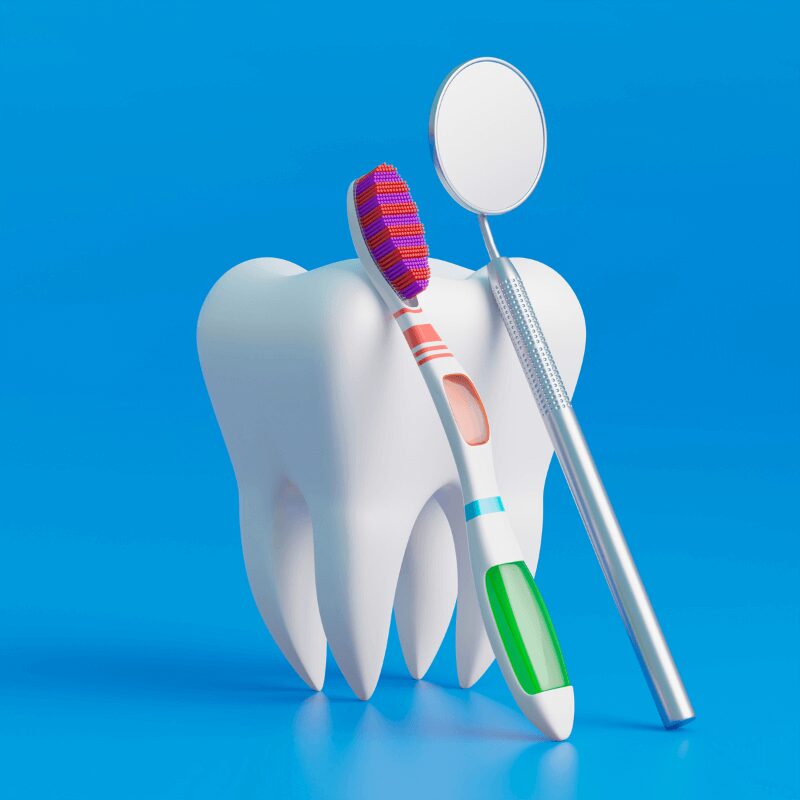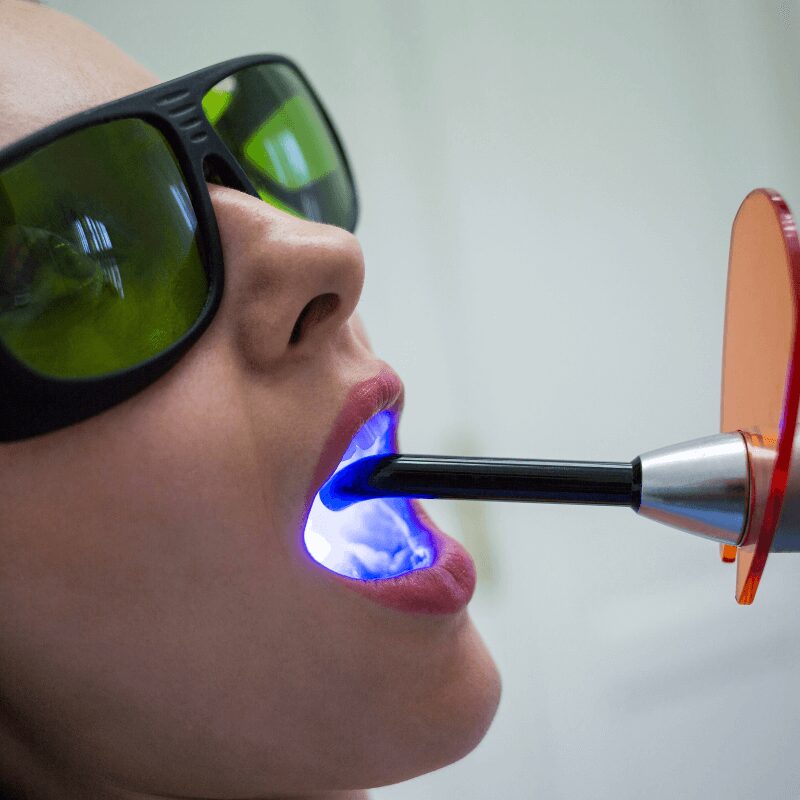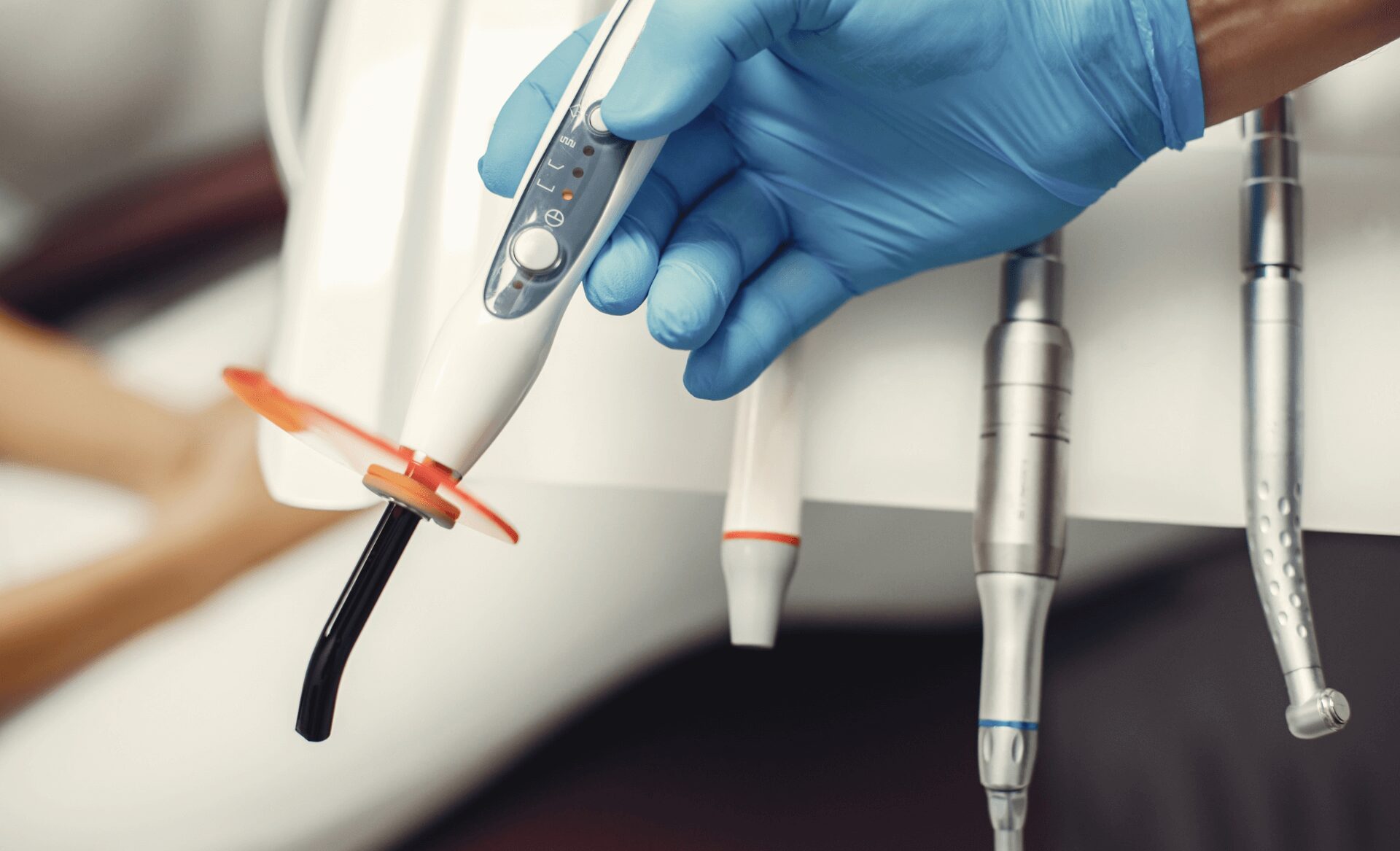A bright, white smile is often associated with confidence, health, and attractiveness. But if you’ve ever considered teeth whitening, you’ve probably asked yourself: “Does teeth whitening damage enamel?” It’s a common concern, and understandably so—your enamel is the strongest substance in your body, protecting your teeth from decay and sensitivity.
The good news? Professional teeth whitening does NOT damage enamel when done correctly. However, not all whitening treatments are created equal. In this guide, we’ll break down how teeth whitening works, whether it harms your enamel, and why professional treatments are the safest option for achieving a dazzling smile.
What is Tooth Enamel and Why Does It Matter?
To understand whether teeth whitening can damage enamel, we first need to know what enamel is.
What is Enamel?
Enamel is the outermost layer of your teeth, acting as a shield against cavities, bacteria, and sensitivity. It is made up of 96% minerals, making it the hardest tissue in the human body—even harder than bone!
Can Enamel Be Damaged?
Yes, but not by teeth whitening. Enamel loss typically happens due to:
- Acidic foods and drinks (sodas, citrus fruits, wine).
- Poor brushing habits (brushing too hard or using an abrasive toothpaste).
- Acid reflux, which exposes enamel to stomach acids.
- Grinding your teeth, which wears enamel down over time.
But here’s the truth: Whitening treatments do not “strip away” or break down enamel. Instead, they work by removing stains and brightening teeth without harming their structure.
Does Professional Teeth Whitening Damage Enamel?
The short answer: No, professional teeth whitening does not damage enamel when performed correctly.
How Teeth Whitening Works
Most whitening treatments use hydrogen peroxide or carbamide peroxide, which safely break down stains on the tooth’s surface. The whitening agents penetrate the enamel and break apart discoloration at a molecular level—without harming the enamel itself.

Myth vs. Reality
Myth: Whitening wears away enamel.
Reality: When done professionally, whitening only removes stains, not enamel.
Myth: Whitening makes teeth permanently sensitive.
Reality: Any sensitivity from whitening is temporary and can be managed with fluoride treatments.
In fact, professional whitening is the safest and most effective way to brighten your teeth.
Why Professional Whitening is Safer Than Store-Bought Products
- Custom Treatment Plans: Your dentist tailors whitening treatments to your teeth’s needs, preventing overuse.
- Precise Application: The whitening gel is applied carefully to protect your gums and enamel.
- Stronger & Faster Results: Professional whitening uses higher-quality ingredients that work more effectively than drugstore options.

The Risk of Over-the-Counter Whitening Products
Overuse of store-bought whitening strips or gels can lead to:
- Tooth sensitivity (from overexposure to whitening agents).
- Gum irritation (if the gel touches the gums too often).
- Uneven whitening (OTC strips don’t fit every tooth shape, leading to inconsistent results).
Bottom line: If you’re serious about whitening safely, professional treatments are your best option.
Looking for safe, professional teeth whitening? Contact Advanced Dental Care of Indiana today for a consultation!
FAQs About Teeth Whitening
Q1: How much does professional teeth whitening cost?
- Costs range from $300 to $1,500, depending on the method.
- In-office whitening is more expensive but provides faster, longer-lasting results.
Q2: Is professional whitening better than store-bought products?
Yes! Professional treatments are safer, more effective, and customized to prevent sensitivity and enamel damage.
Q3: How long do whitening results last?
6 months to 2 years, depending on your diet and oral care routine.
Q4: Can whitening fix deep stains?
- Extrinsic stains (from coffee, tea, smoking) respond well to whitening.
- Intrinsic stains (from aging, medication, trauma) may require veneers or bonding instead.
Q5: Does teeth whitening work on crowns or veneers?
No, whitening only works on natural teeth. A dentist can replace or polish restorations if needed.
Still have questions about teeth whitening? Contact Advanced Dental Care of Indiana for expert advice!
How to Keep Your Teeth White After Whitening
Once you’ve brightened your smile, maintaining it is key. Here’s how:
- Limit Stain-Causing Foods & Drinks – Coffee, tea, red wine, and soda can discolor teeth. Drink through a straw when possible!
- Brush & Floss Daily – Use a whitening toothpaste and floss regularly to prevent stain buildup.
- Schedule Regular Cleanings – Professional cleanings help remove stains and keep your teeth looking fresh.
- Consider Touch-Ups – Your dentist may recommend annual whitening treatments to maintain brightness.
Final Thoughts
Teeth whitening is a safe and effective way to achieve a brighter smile without damaging enamel—as long as it’s done correctly. Struggling with stained teeth? Whitening can help—just be sure to do it the right way!
For the best and safest whitening experience, always trust a dental professional over store-bought products.
Ready for a brighter, healthier smile? Schedule your professional whitening treatment with Advanced Dental Care of Indiana today!


